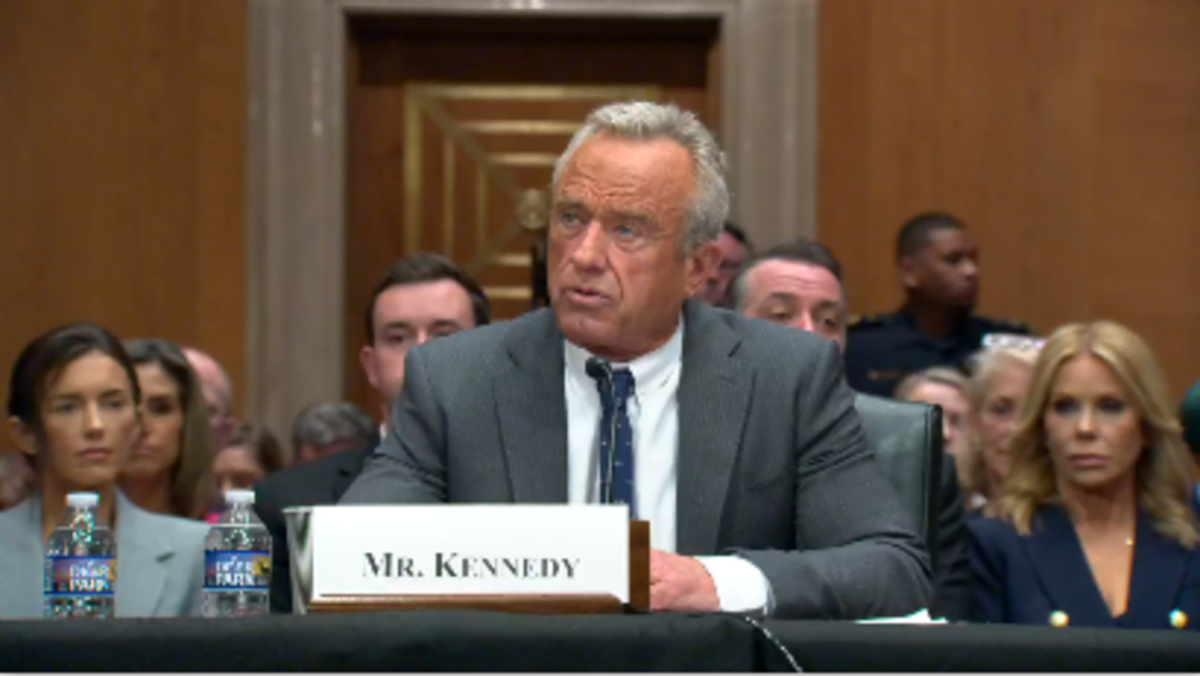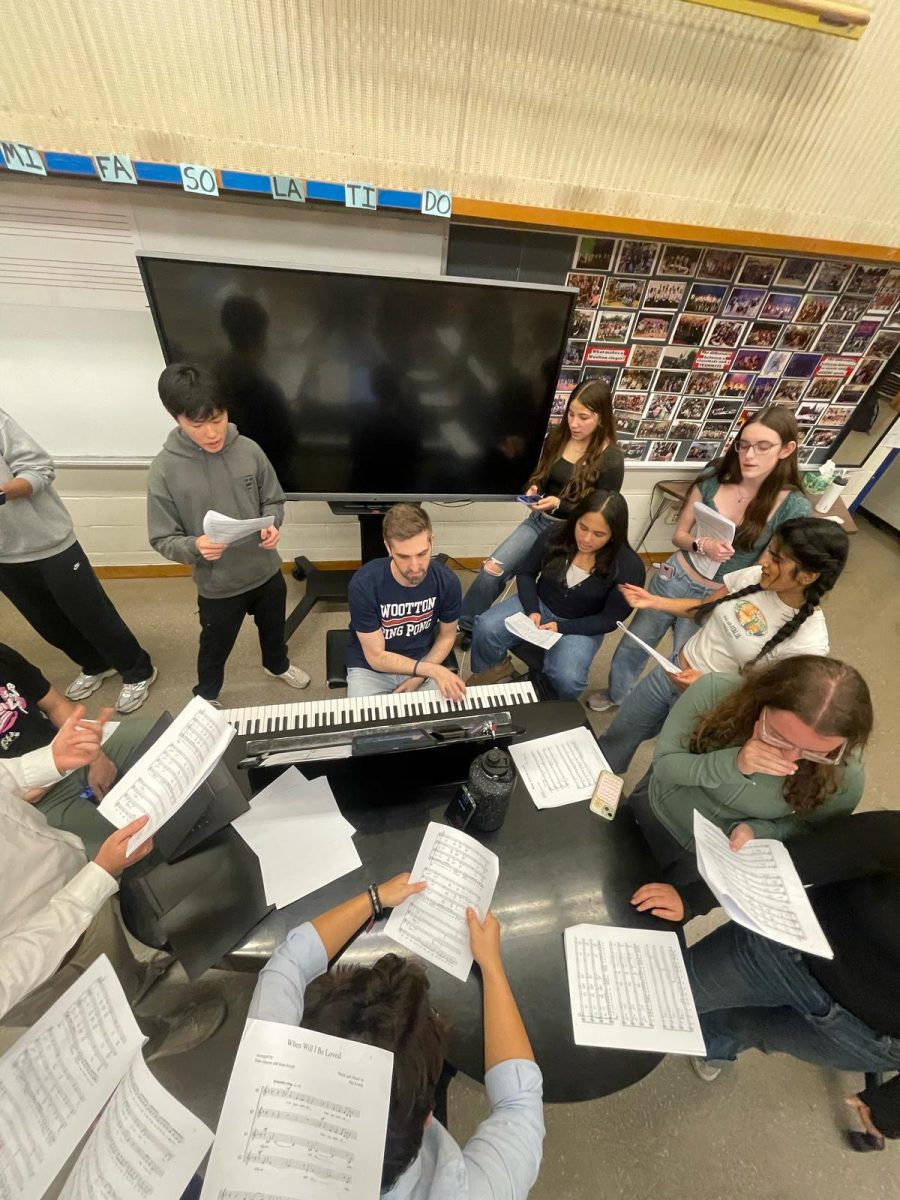In early January, the first United States human death from bird flu occurred in Louisiana. Upon inspection, it appeared that the virus had mutated after infecting the patient, suggesting that bird flu, officially known as H5N1 avian influenza, has the adaptive capacity for increased human infection in the future. Amidst the Trump administration’s massive reductions to various government programs and organizations via the Elon Musk-led Department of Government Administration (DOGE), as well as Trump’s appointment of Robert F. Kennedy Jr. to serve as U.S. Secretary of Health and Human Services (HHS), a series of reckless cuts and dangerous anti-scientific rationale have kneecapped the government’s ability to respond to the potential threat of bird flu.
Currently, bird flu is considered a low risk to public health by the CDC, though it is being closely monitored in humans. There have been 70 known human infections and one death since 2024, most contracted through contact with cattle and poultry farms. However, its effects are still being felt by the American public. Egg-laying chickens who contract bird flu have to be killed to prevent spread of the disease, and tens of millions of chickens (as well as other birds, cows, and wild animals) have died in relation to the virus.
The result has been a skyrocketing in egg prices — already at record highs, the USDA estimates they could increase by up to 40% in 2025. Perhaps more concerning is the fact that the virus seems extremely prone to mutation, meaning it could soon adapt to infect humans more easily. In fact, one recent case of bird flu in Nevada showed a new variant of the disease, which is more effectively able to spread in mammals.
Despite these warning signs, the Trump administration and Musk have continued their assault on bureaucratic organizations, including those which are crucial to fighting the spread of viruses. Trump began his term with a month-long freeze on public communications from the CDC. In Feb., 2025, DOGE accidentally fired hundreds of critical USDA employees tasked with research and testing for bird flu in sweeping cuts to the department, then tried to hastily rehire them upon realization.
In late March, they fired around 140 employees of the FDA’s Center for Veterinary Medicine (CVM), which is responsible for the response to bird flu outbreaks amongst animals. Since his appointment in February 2025, HHS Secretary Robert F. Kennedy Jr., a noted anti-vaxxer and conspiracy theorist, has cut the department’s staff by thousands, including those employed by the FDA, CDC, and NIH, all agencies which are crucial to widespread disease responses.
Additionally, the administration has failed to staff the Office of Pandemic Preparedness and Response Policy (OPPR), an agency which was established by Congress in 2022 to prevent future federal mistakes like the ones made in the early days of the COVID-19 pandemic. Indeed, Trump’s careless response of bird flu thus far is eerily similar to his mishandling of COVID-19; two years prior to that pandemic he disbanded a White House pandemic-response team comparable to the OPPR.
The Trump administration has had some response to H5N1. USDA Secretary Brooke Rollins announced recently a plan for the agency to invest north of $1 billion in fighting avian flu in chickens and reducing egg prices. Proponents of the plan have touted it as a brilliant increase in resources to combat the virus, which will save small farms and deflate egg prices. However, the core issue of this administration’s response remains the same; anti-science ideology and an obsession with cutting federal spending at the expense of functional governance.
In the wake of the COVID-19 pandemic and a seemingly impending economic recession, fighting bird flu is tantamount to both public health and financial stability. At a time when bird flu is on the rise, taking egg prices with it, and poses an increasing possibility of adapting for human-to-human transmission, the national response to it should not be led by a man who has encouraged drinking raw milk (one of the foremost ways for bird flu to spread to humans) and continues to cut essential public officials from pivotal American health agencies.
The government needs to invest more resources in a proactive strategy to combat the spread of this virus, not attempt to run itself like a for-profit business, as Musk has suggested it should. The functional purpose of a government is to provide for the welfare and wellbeing of its constituents — doing so is well worth the costs and federal spending it requires.









